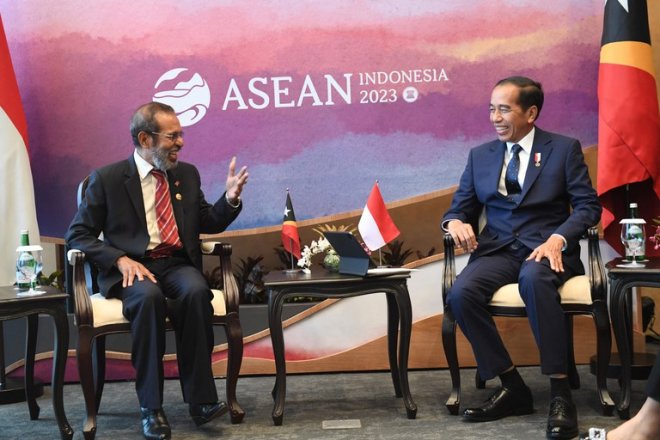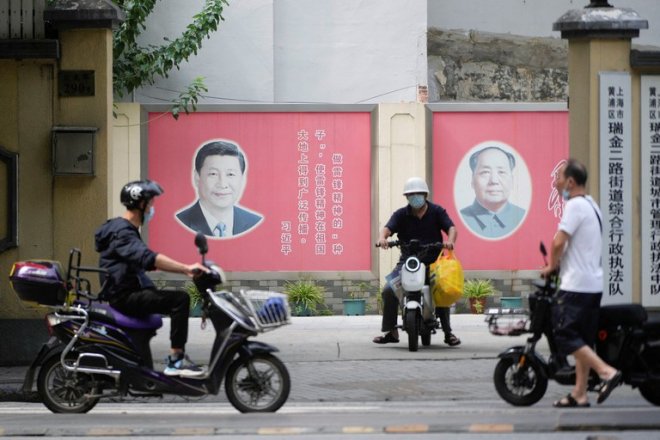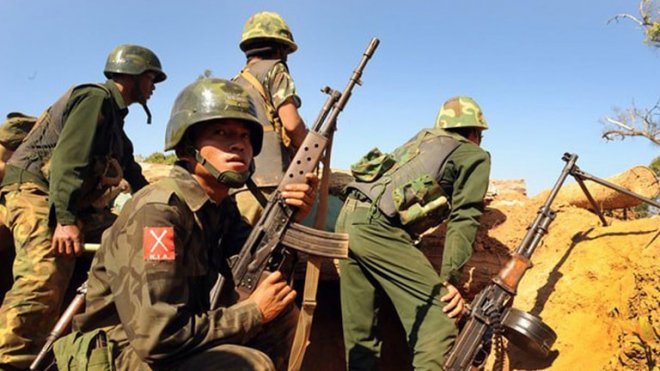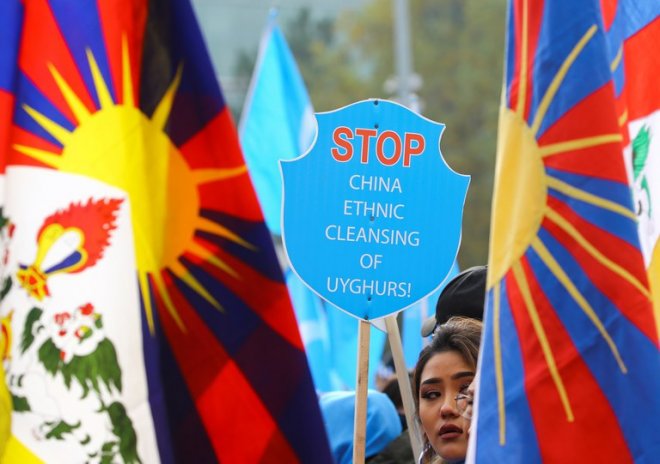Myanmar crisis expected to dominate ASEAN summit amid escalating violence
As Southeast Asian leaders gather at a scenic spot in Indonesia this week, they face a daunting challenge to resolve the crisis in Myanmar, where a military coup has unleashed a brutal crackdown on pro-democracy protesters and ethnic minorities.Top diplomats from the Association of Southeast Asian Nations (ASEAN) met Tuesday to hammer out the agenda for the leaders’ summit scheduled for Wednesday and Thursday in Labuan Bajo, a fishing town on Flores island in eastern Indonesia.
Retno Marsudi, the foreign minister of 2023 ASEAN chair Indonesia, said the bloc was “instrumental to peace, stability and prosperity” in the region.
“We cannot imagine what will happen in this region if we don’t have ASEAN,” she said after the meeting. “But we cannot be complacent. This achievement should be an asset to build a stronger ASEAN, a more relevant ASEAN.”
The summit’s main topics include the implementation of ASEAN’s five-point peace plan for Myanmar and the bloc’s outlook on the Indo-Pacific region, which has become a theater of rivalry between China and the United States.
ASEAN member Myanmar, which will not be represented at the summit after being barred from sending political representatives, has been in turmoil since the military overthrew an elected government in February 2021.
The junta has cracked down on mass protests, killed more than 3,000 people and arrested thousands more, according to human rights groups.
The United Nations said more than 1.8 million people have been forced to flee their homes in Myanmar because of the violence.
Civilian deaths are growing amid a jump in airstrikes by the military junta, whose ground forces have faced stiff resistance from rebels and ordinary citizens who have taken up arms, Radio Free Asia reported.
The military has killed at least 452 civilians in southern Shan and Kayah states in the 26 months since the coup, rebel groups told RFA.
On Tuesday, Human Rights Watch accused the Burmese military of committing a war crime by using a powerful weapon that killed more than 160 people, including children, in an attack on an opposition building in the Sagaing region on April 11.
HRW said it reviewed photos and videos of the victims and the site, and concluded that the initial strike was conducted with a large, air-dropped “enhanced-blast” type munition, which is often called “thermobaric” or a “vapor-cloud explosive.”
“The Myanmar military’s use of a weapon designed to cause maximum deaths on an area crowded with civilians shows flagrant disregard for human life,” said Elaine Pearson, HRW Asia director. “Foreign governments need to cut off the junta’s funding, arms and jet fuel to deter further atrocities.”
The attack targeted a gathering of about 300 residents from Kantbalu township who were opening an opposition-controlled administrative office. The military claimed it was aiming at members of an anti-junta militia and that the casualties were caused by explosions of stored explosives and landmines.
‘Quiet diplomacy strategy has not worked’
ASEAN has been under pressure to take a more active role in resolving the crisis in Myanmar that is seen as threatening regional stability and security.
In April 2021, ASEAN leaders held a special summit on Myanmar and issued a five-point consensus. It included calls for an immediate cessation of violence, constructive dialogue among all parties, a special envoy to facilitate mediation and humanitarian assistance.
The consensus has not been implemented because of the junta’s lack of cooperation and continued repression.
The junta also rejected calls for dialogue with the National Unity Government (NUG), a shadow government formed by ousted lawmakers and anti-coup activists.
Retno said last week that she had met with stakeholders from Myanmar and other countries that have leverage over the junta as part of what she described as “non-megaphone diplomacy.”
But rights activists and some observers accused ASEAN of being too lenient with the junta.
“ASEAN’s quiet diplomacy strategy has not worked. We do not see any reduction of violence there, but rather more civilians have been killed in air strikes,” Debbie Stothard, coordinator of Alternative ASEAN Network on Burma (ALTSEAN), said in an online discussion last week.
Sidharto Suryodipuro, director general of ASEAN cooperation at Indonesia’s foreign ministry, defended the lack of publicity, saying some issues were too sensitive to be revealed to the public.
“If everything is opened up, there will be no successful negotiations,” he said last week.
 Indonesian President Joko "Jokowi" Widodo (right) talks with East Timor Prime Minister Jose Maria de Vasconcelos (known as Taur Matan Ruak) during their meeting ahead of the 42nd ASEAN Summit in Labuan Bajo, East Nusa Tenggara province, Indonesia, May 9, 2023. Credit: Akbar Nugroho Gumay/pool via Reuters
Indonesian President Joko "Jokowi" Widodo (right) talks with East Timor Prime Minister Jose Maria de Vasconcelos (known as Taur Matan Ruak) during their meeting ahead of the 42nd ASEAN Summit in Labuan Bajo, East Nusa Tenggara province, Indonesia, May 9, 2023. Credit: Akbar Nugroho Gumay/pool via ReutersOn Monday, Indonesian President Joko “Jokowi” Widodo condemned an attack on a diplomatic convoy delivering humanitarian relief to displaced people in Myanmar the previous day. The convoy included members of the ASEAN disaster management agency and diplomats from Indonesia and Singapore.
Jokowi said the attack would not deter Indonesia and ASEAN from helping Myanmar restore democracy and peace.
“Stop the violence because it will only hurt civilians and benefit no one. Let us sit together and start a dialogue,” the president said.
This week’s ASEAN summit is also expected to address other issues such as the South China Sea disputes and maritime security as well as the promotion of human rights and democracy in the region.
Indonesia expects the summit to conclude with initiatives on human trafficking, migrant workers, fisheries, health, rural development, electric vehicles and payment connectivity.
Officials also hope the summit will showcase Labuan Bajo as a premium tourism destination. The town is known for its natural beauty and proximity to Komodo National Park, home to the endangered Komodo dragons.
BenarNews is an RFA-affiliated news service.
[圖擷取自網路,如有疑問請私訊]
|
本篇 |
不想錯過? 請追蹤FB專頁! |
| 喜歡這篇嗎?快分享吧! |
相關文章
AsianNewsCast























